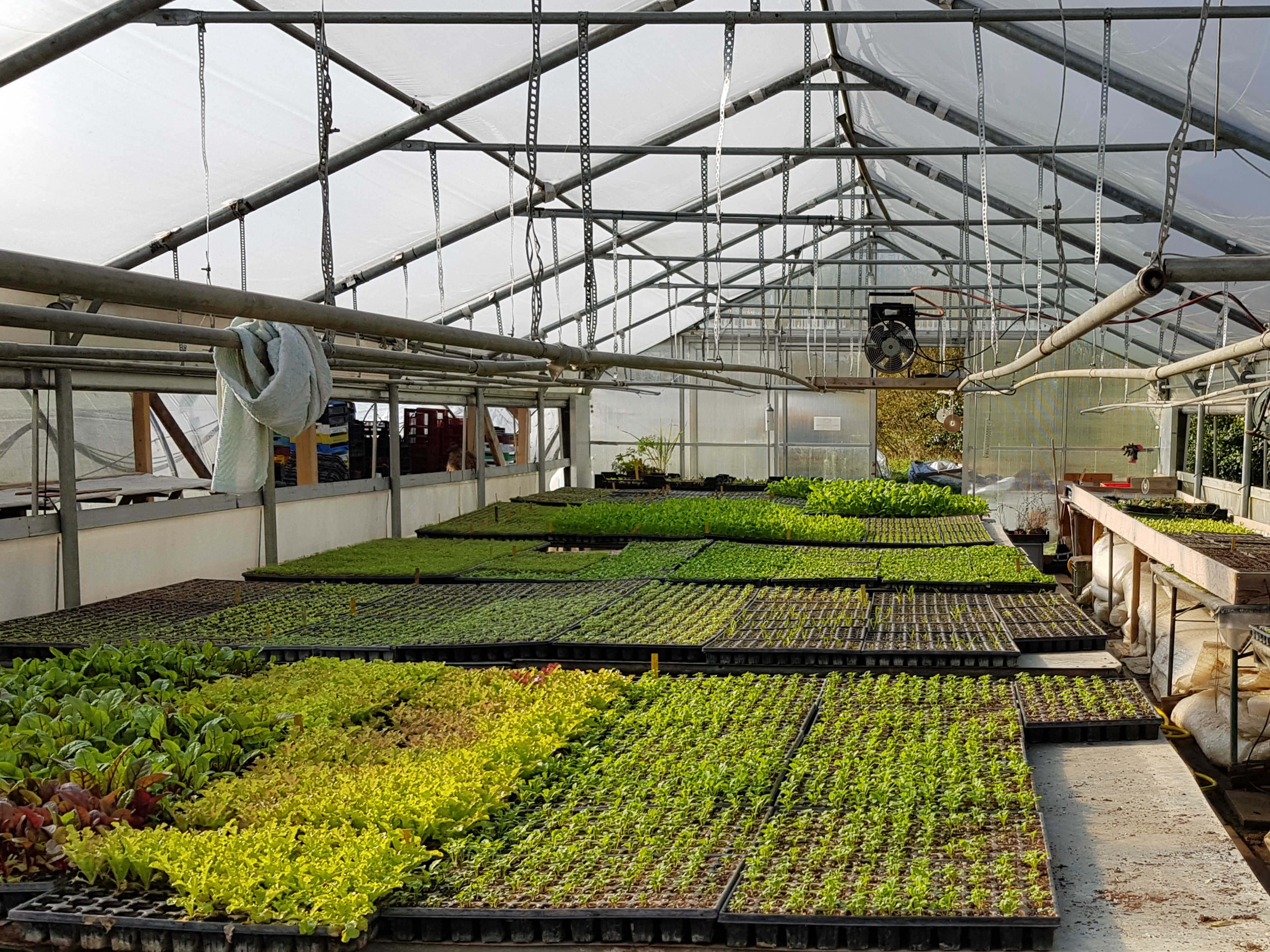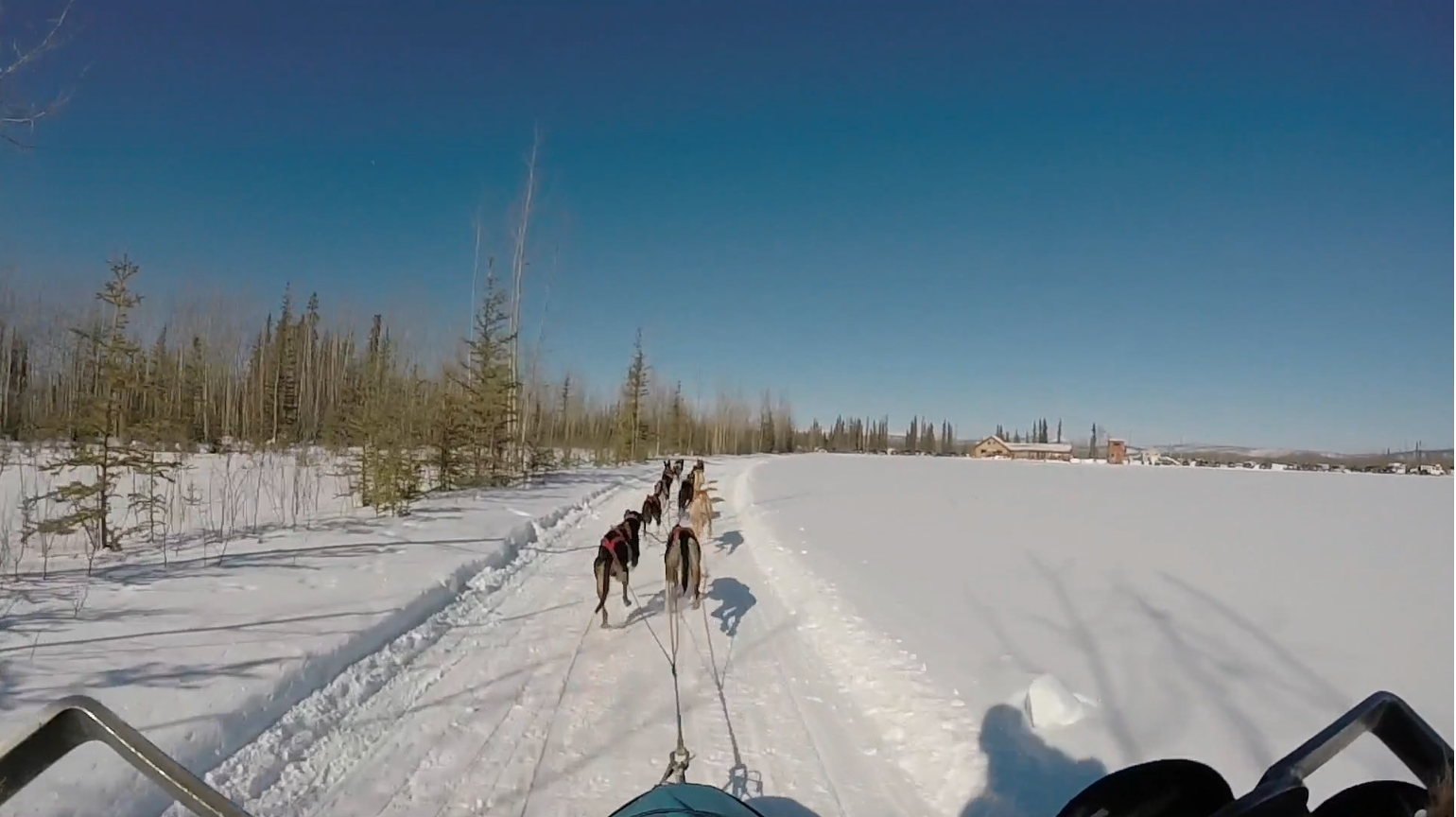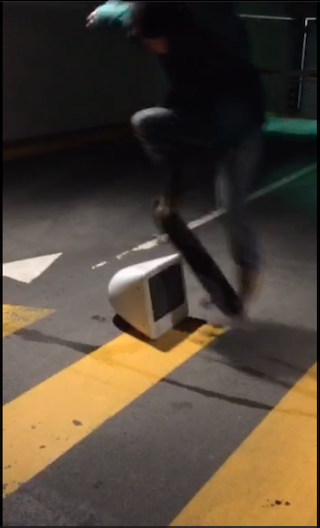


ABOUT

Observational techniques are foundational to empirical sciences, both natural and social. Disciplines as diverse as archeology, cultural anthropology, environmental sciences, field biology, geography, geology, linguistics, psychology and sociology depend on observational skills for the correct identification of research objects and the dynamic analysis of natural and social interactions both within and outside laboratory conditions.
Current digital technologies provide the opportunity to reinvent the teaching of observational skills, using embedded audio-visual materials and structured on-line learning exercises. SELIN harnesses these possibilities to provide structured experience in which instructors and students have equal access to observational data.
Created in 2012 at the University of Neuchâtel by anthropologists Ellen Hertz, Alice Sala and Thierry Wendling, this platform stands out for its unique pedagogical philosophy based on a crafted, individual-centered learning trajectory.
PEDAGOGIGAL LINE
Observation techniques are the basis of empirical sciences, both natural and social. Access to the field can be difficult and almost impossible in groups. Thanks to the integrated audiovisual material and structured online learning exercises, Selin is the tool that teaches how to do fieldwork, how to look and translate observations into analysis. SELIN provides a rigorous, controlled experiment in which instructors and students have equal access to observational data.
Open the black box
Each Selin lesson is built as a pedagogical journey that accompanies students in the field while guiding them in the process of building links between the field and analysis. Each step of the journey is divided into three tabs: observation, analysis, and conceptualization, which reflect the three fundamental elements of the discipline. Observation: audio-visual elements allow to represent the field. Exercises: a series of questions direct and refine the students' gaze on the terrain. Conceptualization: complementary texts and readings allow students to make the link between the field, analysis, and concepts.
Flexibility and rigor
Selin offers a pre-established, rigid but also flexible structure.
For students: Within a linear course, students navigate freely between the different stages and within the stages, between the media, questions, and theoretical landmarks.
This freedom allows SELIN to adapt to different ways of learning for each student.
But above all, it reproduces an essential practice of knowledge construction in social sciences: the back-and-forth between theory and field.
For teachers: With an infinite number of stages, media, and questions, Selin adapts to the needs of teachers and content.
Moreover, Selin offers the possibility of organizing student follow-up with both personalized comments and automatic reminders. Teachers can thus modulate their investment according to their availability, sensitivities, and preferences.
Going beyond text
The use of media does not stop at reproducing the field. Our platform allows and encourages students to submit exercises using different forms of expression.

CONTACT
xxx